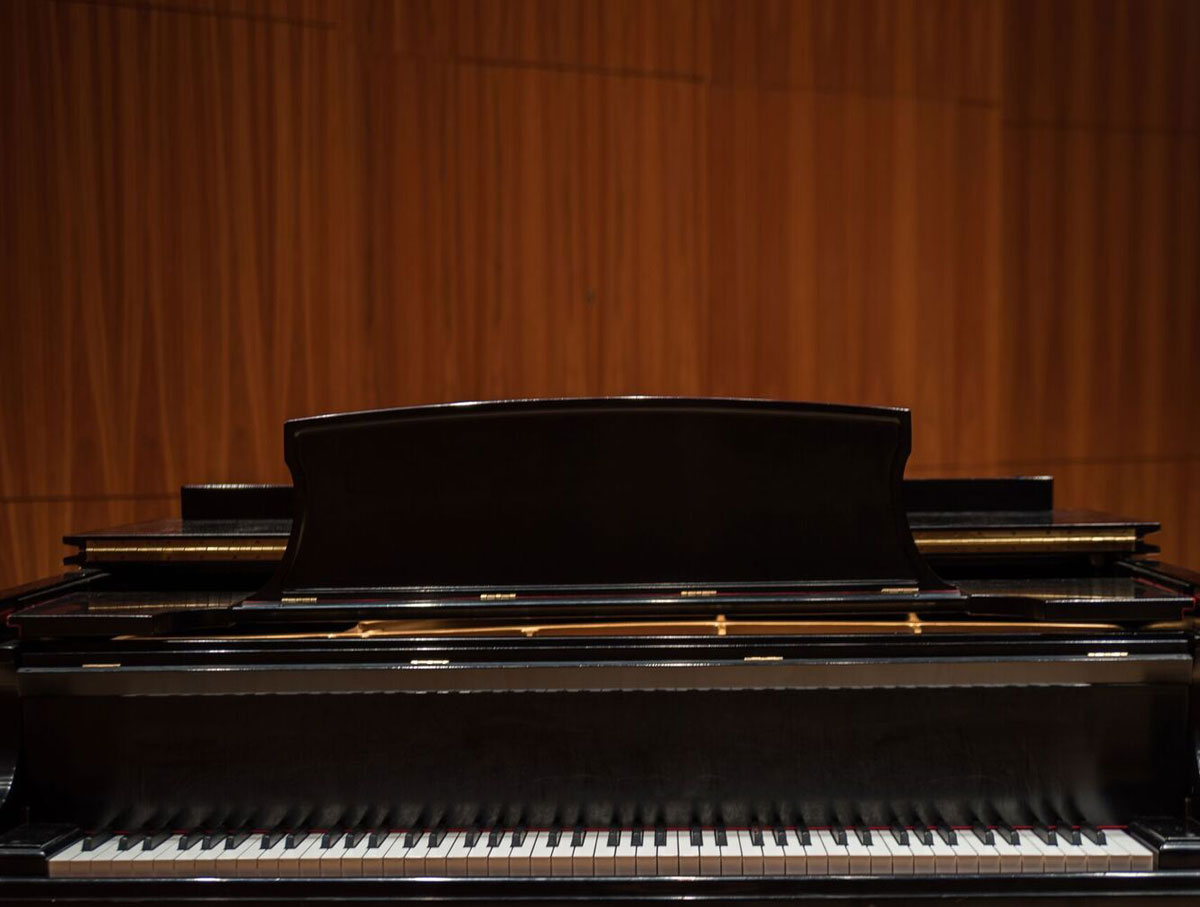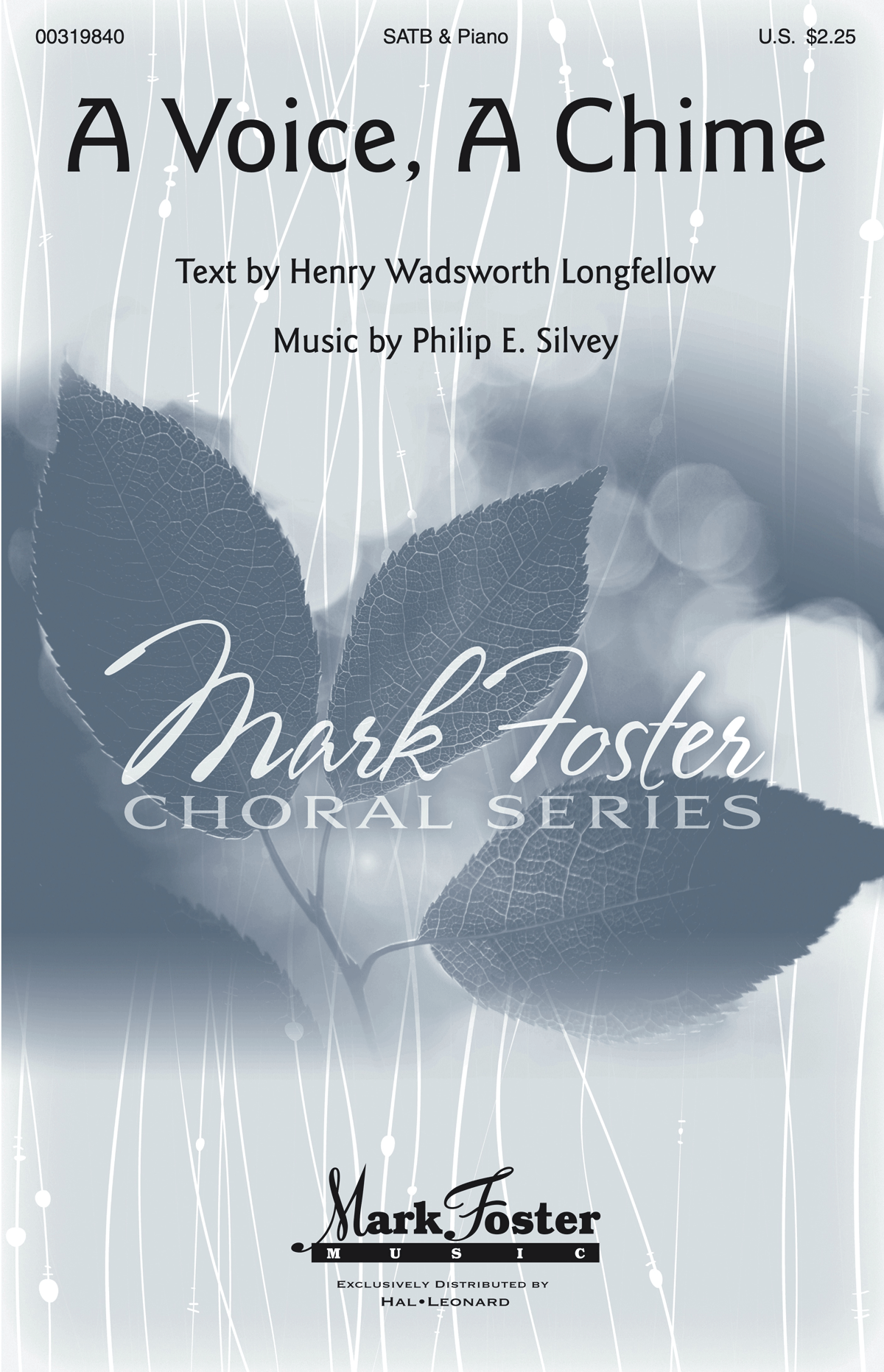


Et in terra pax
And on earth, Peace
Hominibus bonae voluntatis
People of good will
I heard the bells on Christmas Day,
Their old familiar carols play,
And wild and sweet, the words repeat
Of peace on earth, good will to men!
Till, ringing, singing on its way,
The world revolved from night to day,
A voice, a chime, a chant sublime
Of peace on earth, good will to men!
And in despair I bowed my head;
“There is no peace on earth” I said;
“For hate is strong, and mocks the song
Of peace on earth, good will to men!
Then pealed the bells more loud and deep:
“God is not dead, nor doth He sleep;
The wrong shall fail, the right prevail,
With peace on earth, good will to men!
– Henry Wadsworth Longfellow (1807-1882)
I have always loved the time of year when Sunday morning hymns turn to Christmas carols. These old familiar tunes mark the shift in seasons, reminding me I have circled the sun once more. I have often been moved while singing the dramatic arc of Longfellow’s classic poem, belting out the fourth stanza in spite of the subdued ending of the traditional “Waltham” tune. As I considered my own musical setting, I heard the poet’s words anew. I wondered if the recurring refrain, occurring in the Gloria in the liturgical Latin mass, could serve as the “chant sublime.” In my mind, the music for the third stanza needed to reflect the speaker’s moment of doubt, and the last stanza begged for a bolder treatment. Chief inspiration came from the central poetic metaphor: the unrelenting chimes and their soul-stirring message of hope.
Duration: 3:53

